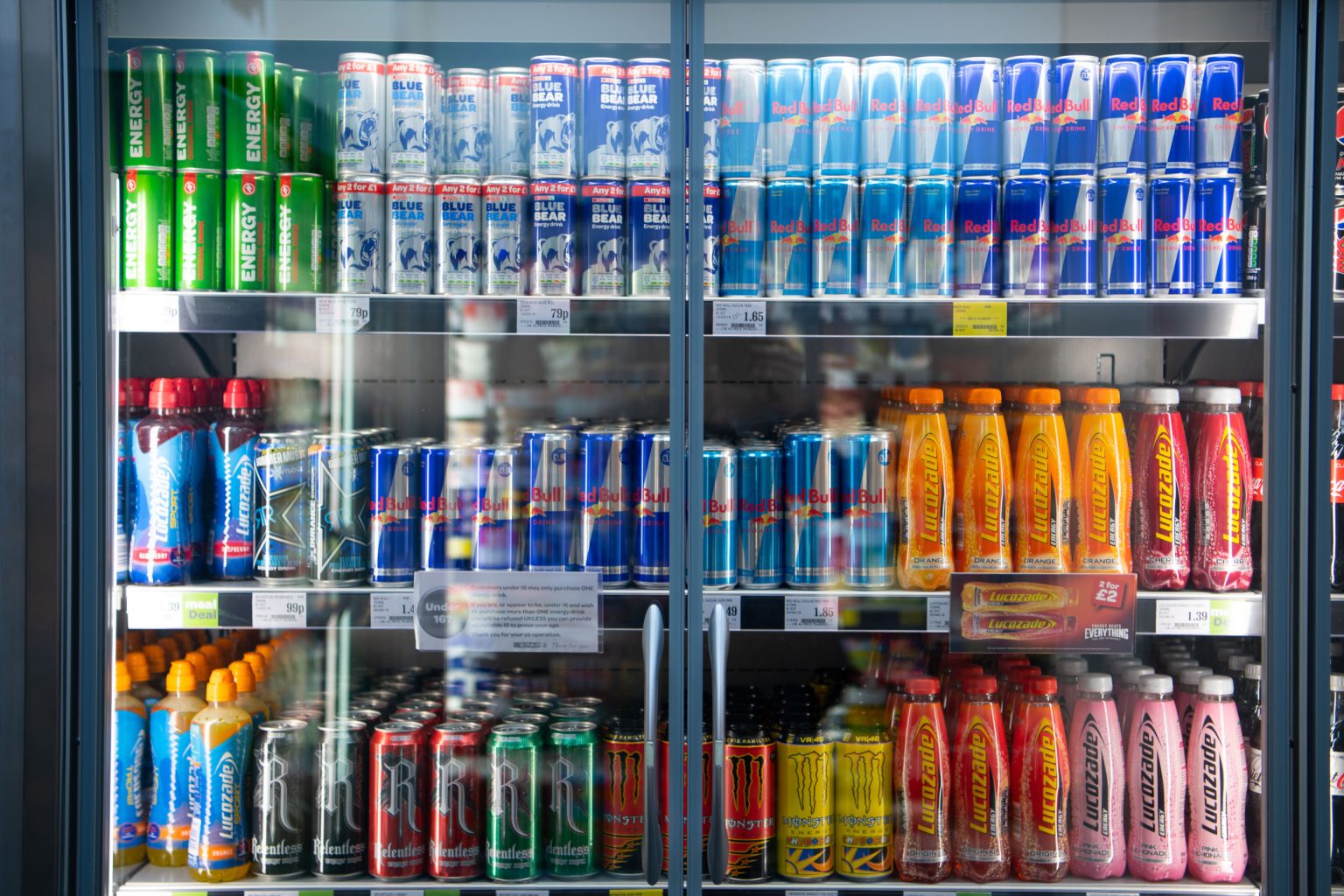A recent study conducted by researchers at the Mayo Clinic suggests that consuming energy drinks may be linked to sudden cardiac arrest, especially in individuals with genetic heart diseases. The study looked at 144 sudden cardiac arrest survivors, seven of whom had consumed energy drinks near the time of the event. Although the study did not definitively prove that energy drinks directly cause cardiac arrest, the researchers warn that individuals at genetic risk of heart problems should consume these beverages in moderation.
Lead investigator Michael J. Ackerman, a genetic cardiologist at Mayo Clinic, emphasized that while the relative risk of consuming energy drinks is small, individuals with known genetic heart diseases should weigh the risks and benefits of consuming these beverages. The study found a temporal relationship between energy drink consumption and sudden cardiac arrest, but also identified other potential contributing factors such as sleep deprivation, dehydration, dieting, concomitant use of certain drugs, and the postpartum period. These factors may have combined with energy drink consumption to create a ‘perfect storm’ of risk factors leading to sudden cardiac arrest in some patients.
The energy drink market has seen rapid growth in the U.S., with sales increasing significantly in recent years. Health experts have raised concerns about the risks associated with consuming beverages containing high levels of caffeine and other stimulating ingredients like taurine and guarana. In comparison to a regular cup of coffee, which contains around 100mg of caffeine, an energy drink serving can contain up to 300mg of caffeine. This can pose health risks, particularly for children and young people who have smaller body sizes and lower tolerance to stimulant drugs.
Notably, energy drinks are not regulated by the US Food and Drug Administration (FDA), highlighting the importance of researching the effects of these beverages on consumers. It has been suggested that the highly stimulating and unregulated ingredients in energy drinks can impact heart rate, blood pressure, cardiac contractility, and cardiac repolarization in a potentially pro-arrhythmic manner. The full findings of the study were published in the journal Heart Rhythm, underscoring the need for further research and awareness surrounding the potential risks of consuming energy drinks, especially for individuals with genetic heart diseases.
Newsweek is dedicated to challenging conventional wisdom and exploring connections in the pursuit of common ground. If you have a science story or nutrition-related question that you believe Newsweek should cover, you can share it with the team via email at science@newsweek.com. As the energy drink market continues to expand, it is essential for consumers to be informed about the potential health risks associated with these beverages, particularly for individuals with underlying heart conditions. By educating the public and conducting further research, health experts aim to raise awareness about the potential dangers of excessive energy drink consumption and promote safer dietary choices for overall well-being.


